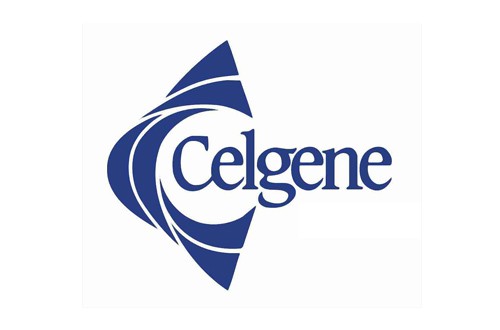
Celgene’s anti-inflammatory drug apremilast has shown encouraging efficacy in a fourth phase III trial involving patients with psoriatic arthritis.
The PALACE-4 study – presented at the American College of Rheumatology (ACR) conference in San Diego – showed that apremilast achieved significant and long-lasting clinical responses compared to placebo as a first-line treatment for patients with psoriatic arthritis.
Celgene has already completed three phase III trials (PALACE 1, 2 and 3) comparing apremilast to placebo in psoriatic arthritis patients who had previously been treated with disease-modifying anti-rheumatic drugs (DMARDs), including biologics.
PALACE 4 found that after 16 weeks’ treatment, the use of apremilast at a dose of 20mg twice-daily achieved an ACR 20 response – in other words a 20 per cent improvement in the signs and symptoms of psoriatic arthritis such as swollen and tender joints – in around 29 per cent of patients.
A 30mg twice-daily dose of the phosphodiesterase (PDE) 4 inhibitor performed a little better, with 32 per cent achieving ACR20, and both doses were significantly better than the 17 per cent response seen with placebo.
After 16 weeks, placebo patients crossed over to active therapy, and the long-term effects of treatment were investigated. After 52 weeks, 53 per cent of the 20mg group achieved an ACR20, rising to 59 per cent among the 30mg patients. Meanwhile, a significant proportion of patients (14 per cent and 18 per cent, respectively) exhibited a 70 per cent improvement (ACR70).
The data was released as an abstract on the ACR website and is due to be presented by lead investigator Alvin Wells tomorrow.
Celgene filed for approval of apremilast for psoriatic arthritis in the US earlier this year and is due to get a verdict from the FDA next March. The company is also gearing up to file the drug for psoriatic arthritis in Europe before year end, as well as for psoriasis in the US in the coming weeks.
The company completed enrolment a few weeks ago in a 500-patient phase III trials called POSTURE looking at the drug’s efficacy in ankylosing spondylitis, which affects more than two million people in the US and Europe alone.
Top line results from POSTURE are due in the first half 2014. Meanwhile, results of a phase II trial of apremilast in Behcet’s disease were also presented during the opening plenary at ACR.
For Celgene, approval for apremilast takes the company outside its core haematology and oncology focus for the first time.
Analysts suggest the company’s first foray could be a big success with some – such as RBC Capital Markets – forecasting peak sales of $1bn or more thanks to the drug’s benign side effect profile compared to biologic drugs such as Amgen/Pfizer’s Enbrel (etanercept). Others are less optimistic but still see sales in the $500m region within three years.




